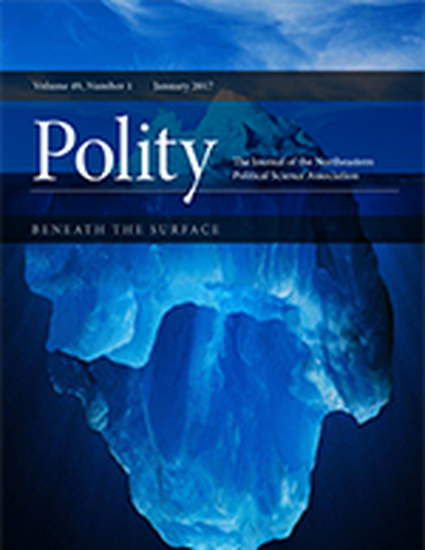
Article
Statesmanship and the Problem of Theoretical Generalization
Polity
(2010)
Abstract
In this article we argue that in their quest for parsimony and through their denial of human agency, international relations scholars often endorse deterministic theories. The field of international relations suffers greatly for its devotion to excessive theoretical generalization. In rejecting the more pluralistic methodology of early international relations work, scholars may produce superficially valid predictive theories. Yet these theories rarely grant deep insight into why actual states behave as they do. Because of this, they provide little guidance for statesmen. While we do not advocate the complete rejection of any of the major approaches in the field, we argue that international relations scholars should reorient their work to account for the way leadership can overcome the constraints of structure. We suggest the field strive actively to embrace complexity and foster a greater epistemological modesty than it currently demonstrates.
Keywords
- International Relations,
- Political Theory,
- Diplomacy,
- Human Agency,
- Statesmanship
Disciplines
Publication Date
April, 2010
DOI
https://doi.org/10.1057/pol.2009.13
Publisher Statement
Dr. Daniel was not affiliated with Embry-Riddle Aeronautical University when this article was published.
Citation Information
J. Furman Daniel and Brian Smith. "Statesmanship and the Problem of Theoretical Generalization" Polity Vol. 42 Iss. 2 (2010) p. 156 - 184 ISSN: 0032-3497 Available at: http://works.bepress.com/jfurman-daniel/15/
